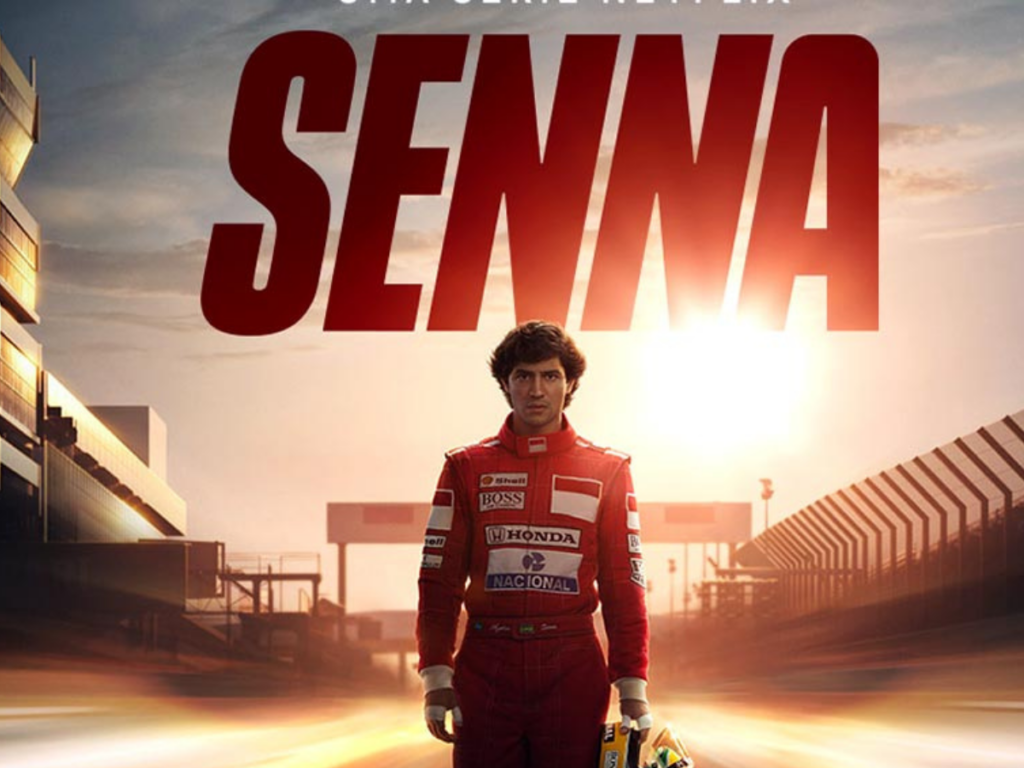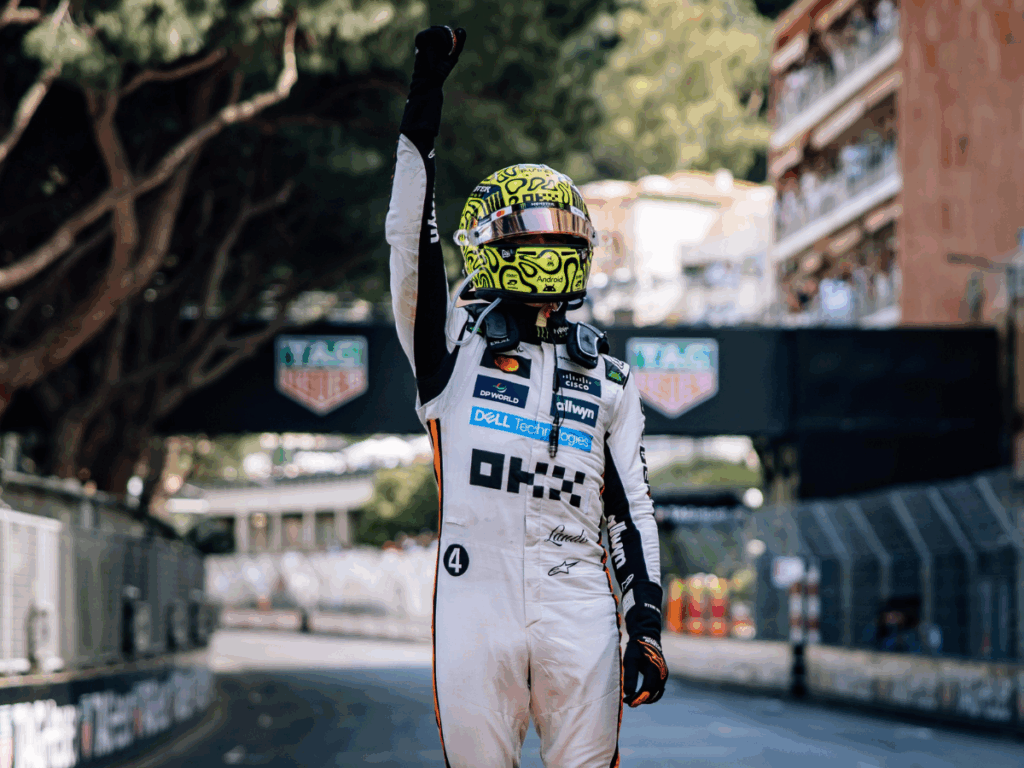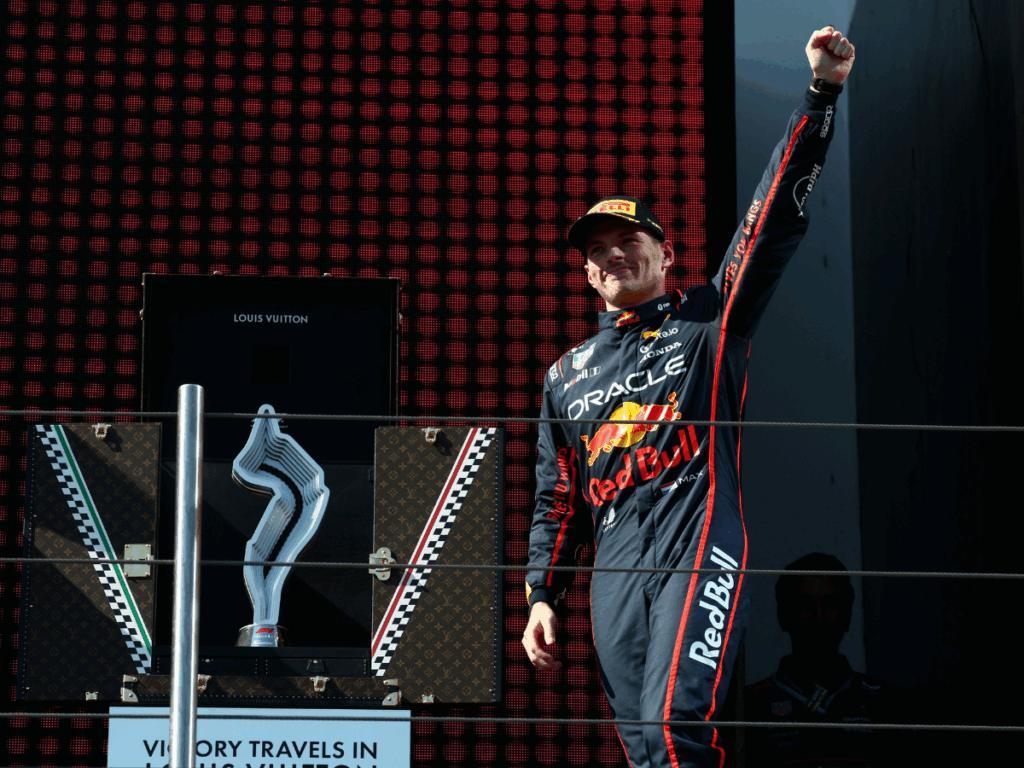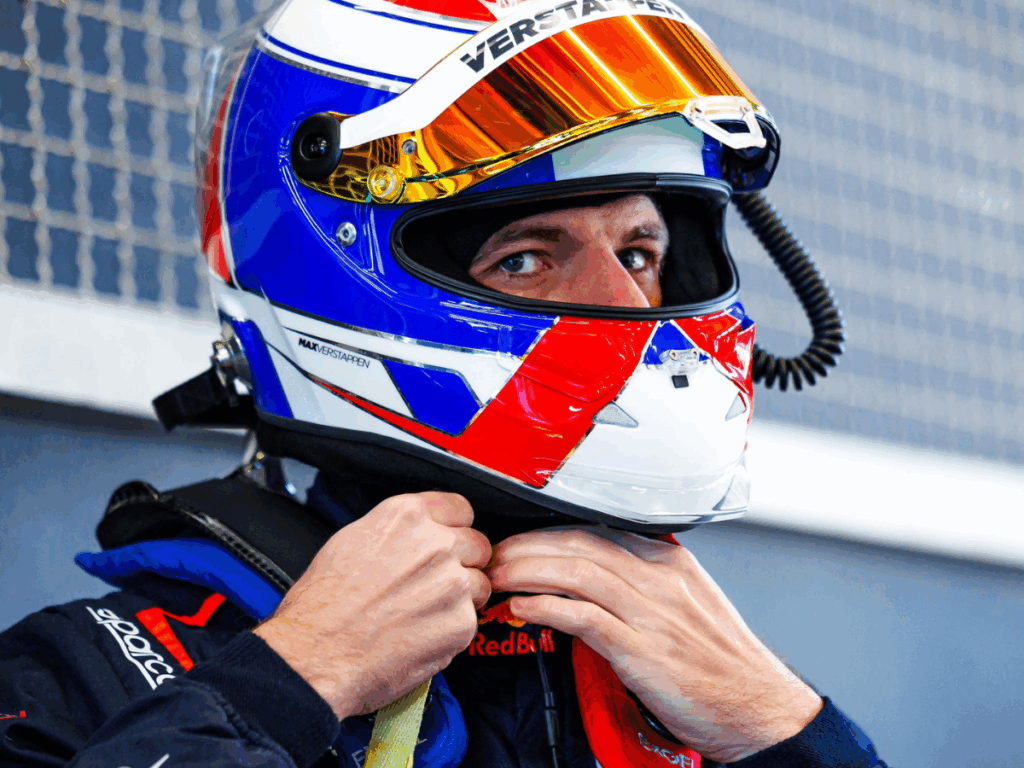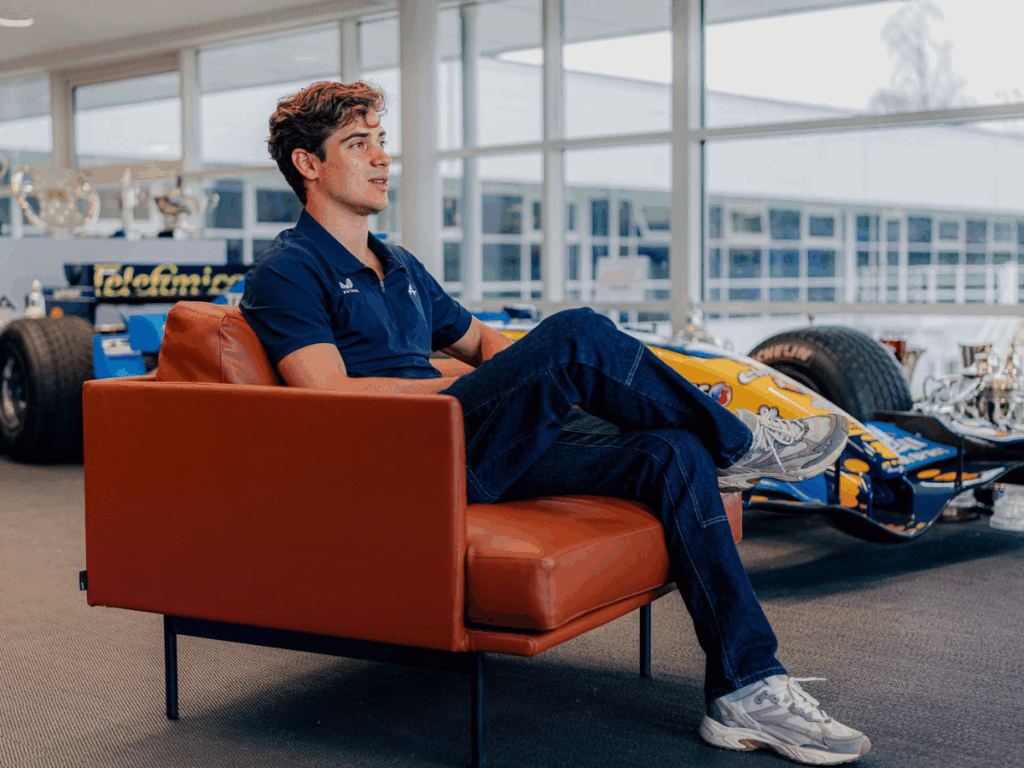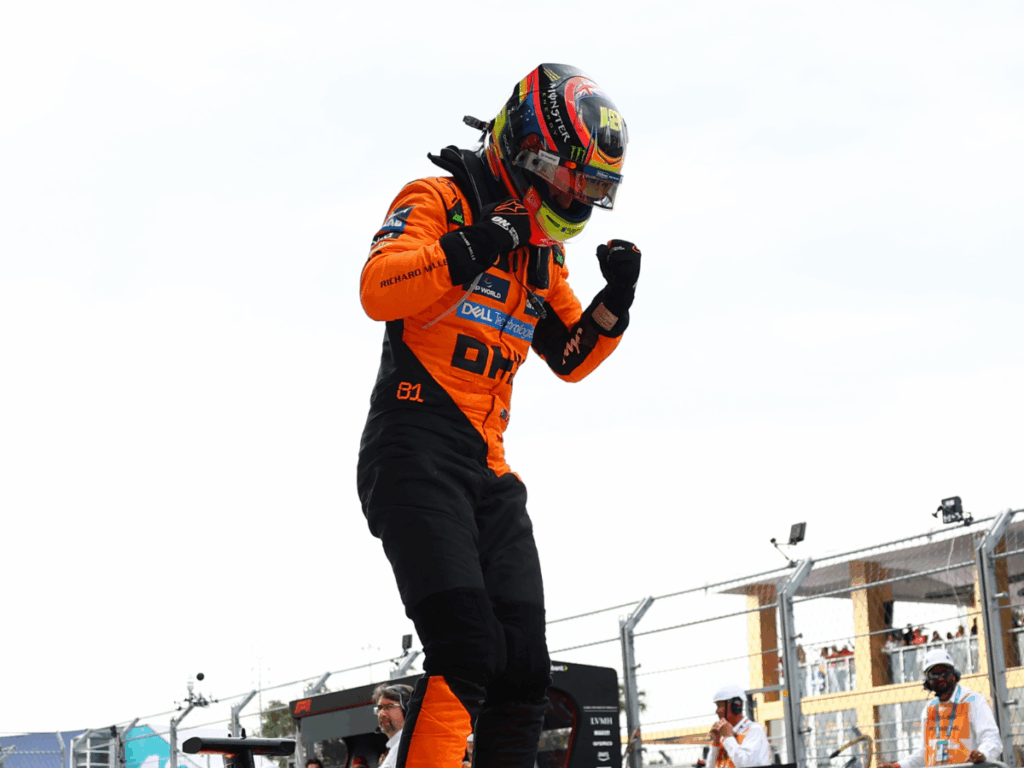This Christmas, December 25 🎄, became a special day for me. Finally, with the free time the holiday provides, I could sit down and enjoy the long-awaited Netflix series about Ayrton Senna. This six-episode blockbuster 📺 is a biographical tribute to the Brazilian driver 🇧🇷, considered one of the most iconic figures in motorsport. The series, filmed in Brazil, Argentina, Uruguay, Ireland, and other parts of Europe 🌍, is a visual and emotional gift for motorsport fans. However, beyond my initial excitement, this series left me with mixed feelings 🤔 that I want to share in my opinion column.
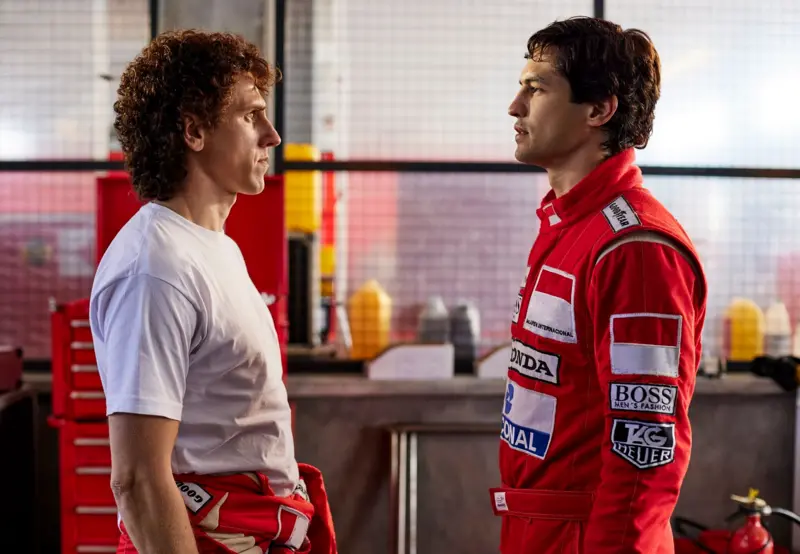
A TRIBUTE TO AN ICON: LIGHTS AND SHADOWS ✨(IMÁGENES GETTY)
From the start, “Senna” presents itself as an ambitious production 🎥. The narrative begins with the tragic 1994 accident at Imola, Italy ⚠️, which ended the life of the three-time Formula 1 world champion 🏆. This dramatic starting point takes us through the most important moments of his life: his childhood in Brazil 🏡, his beginnings in karting 🛞, his meteoric rise 🚀 in the lower categories, and his establishment in F1 🏎️. All of this is wrapped in flawless cinematography that stands out for its attention to detail 🔍, from the cars and race suits 👕 to the recreations of iconic circuits like Monaco and Suzuka 🏁.
Despite these virtues, the series also suffers from superficiality. While it captures Senna’s heroic essence 💪, it overlooks more complex aspects of his personality. Ayrton wasn’t just an exceptional driver 🏅; he was also a man full of contradictions 🤯, a philosophical figure 🧠 who reflected on life, death, and the meaning of his profession. These layers are barely touched upon in the script ✍️, which deprives viewers of a more complete and human portrait of the driver.
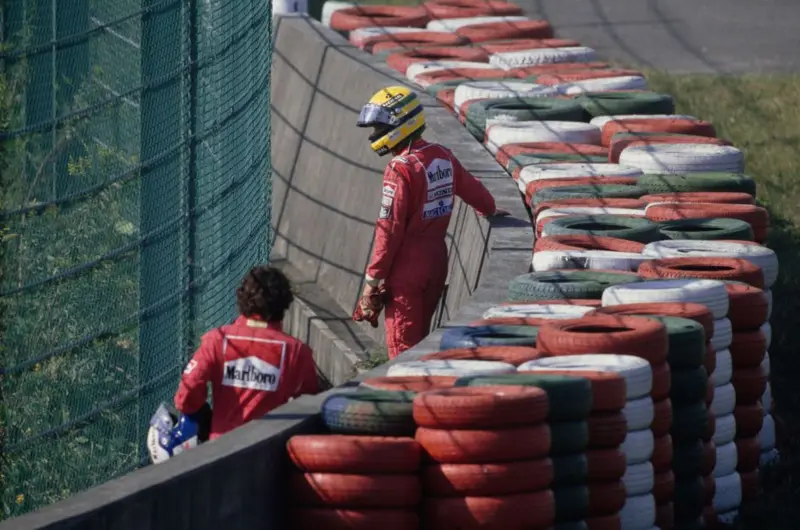
ACTING AND NARRATIVE: HITS AND MISSES 🎭
Gabriel Leone gives a convincing performance in the role of Ayrton Senna 👌, capturing his charisma and determination on the track 🏁. However, the introspective moments are scarce 🕊️. The introduction of a fictional character, British journalist Laura Harrison 📰, played by Kaya Scodelario, adds an interesting perspective to the story but also diverts attention from elements that could have deepened the real-life story of the driver.
The involvement of Senna’s family in the production ensures an authorized version of the facts ✅, but also limits the scope of the narrative. The series avoids exploring controversial topics ⚡ or less flattering episodes of his career, making it almost a hagiographic tribute. In this sense, the production feels more like a visual homage 🌟 than a critical or psychological exploration.
DETAILS THAT WIN US OVER AS FANS 🏎️❤️ (IMAGES GETTY)
One of the standout points of “Senna” is its ability to excite motorsport fans 🏁. The recreation of the races is spectacular 🌟, with scenes that transport the viewer to the adrenaline of F1 in the 80s and 90s 🔥. The references to iconic moments, like his first victory in the rain at Estoril 🌧️ or his rivalry with Alain Prost 🤜🤛, are a delight for those of us who know the history by heart 🧠.
However, as a motorsport enthusiast and journalist, I can’t help but feel that a golden opportunity was missed 🪙 to delve into the details that truly define Senna’s legacy 🌍. For example, the series largely omits his impact off the track, such as his philanthropic commitment 🤝 and his influence on the development of safety in Formula 1 🛡️. These aspects could have added a richer dimension to the story.
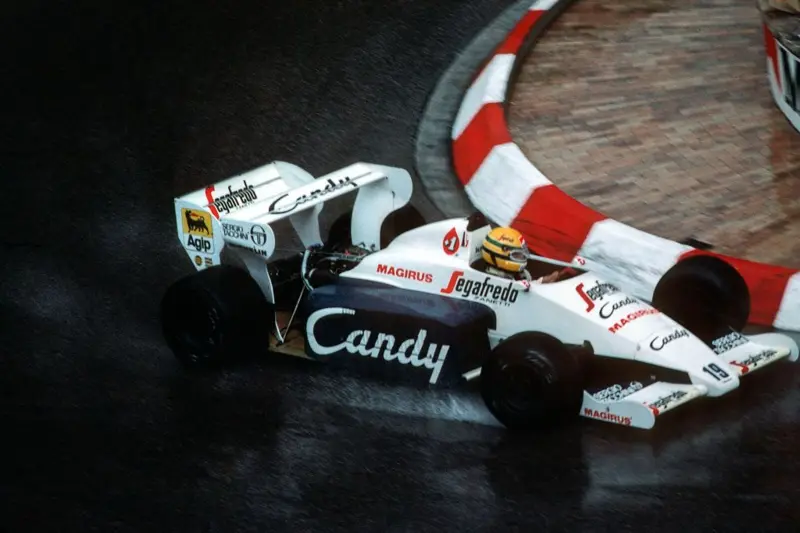
THE INEVITABLE COMPARISON WITH THE KAPADIA DOCUMENTARY 🎥
It’s inevitable to compare this series with the acclaimed Asif Kapadia documentary, “Senna” (2010) 🎬. While the documentary focuses on a more raw and emotional narrative 😢, the Netflix series takes a more stylized and dramatic approach 🎭. Both works have their merits 🏅, but also their limitations. The series is an ideal entry point for those unfamiliar with Ayrton 🚪, but for die-hard fans, it might feel insufficient.
CONCLUSION: A TRIBUTE THAT FALLS SHORT 🚦
“Senna” is a production worth watching, especially for its visual quality 👀 and its intention to honor a motorsport icon 🌟. However, it’s also a reminder that the greatness of Ayrton Senna can’t be easily encapsulated in six episodes 📏. It’s a series that excites ❤️ but also leaves you wanting more 🤷♂️.
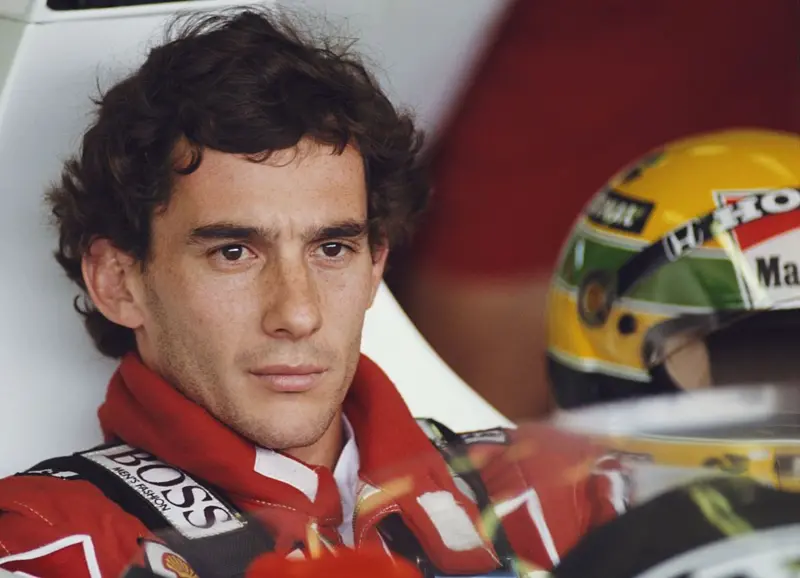
If you’re a motorsport lover 🏎️, don’t hesitate to watch it. But if you’re looking to understand the man behind the wheel 🎙️, I’d recommend complementing this experience with readings 📚, documentaries 🎥, and other materials that delve deeply into the complexity of this legendary driver. Ayrton Senna was much more than a three-time champion 🏆; he was a man who lived and died on the edge 💥, and his legacy deserves to be explored in full depth 🔎.
